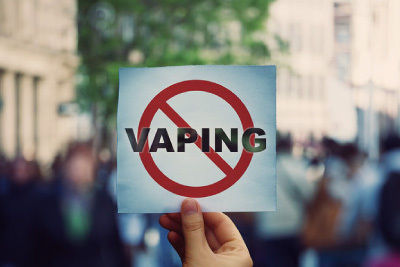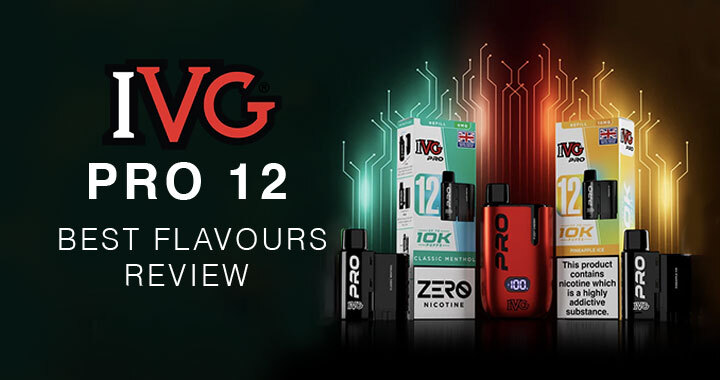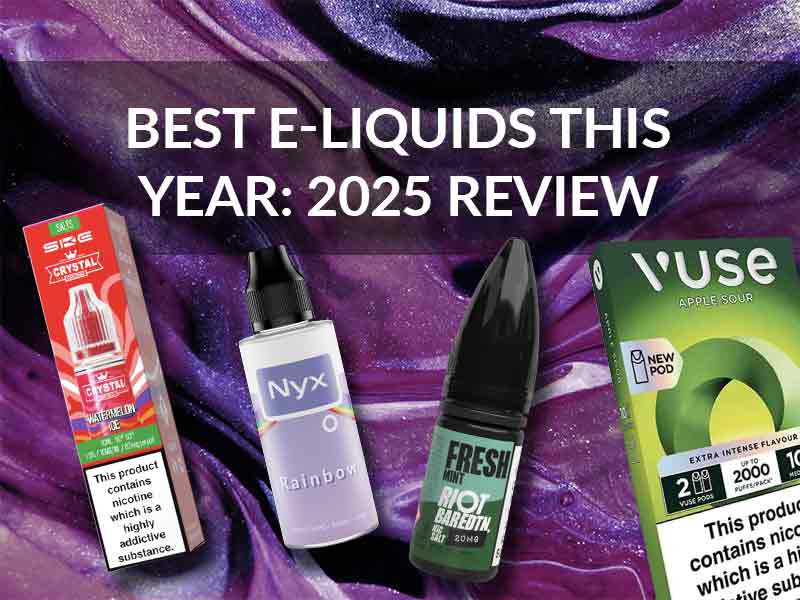
Any misleading bad press about vaping creates confusion and fear. As it spreads like wildfire, the damage is difficult to repair. Is vaping really bad for you – and worse than smoking? Plenty of research backs up its use as a better cessation technique to quit cigarettes. Changing nicotine quantity, alongside natural ingredients like PG and VG is useful if you wish to quit cigarettes. However, if vaping misinformation continues, everything positive from vaping will take a backwards step.
Recent statistics tell us a lot of useful information about the positive effect vaping has on former smokers. As vapers in the UK increase, roughly half of the total nationwide smokers, the key reasons for this change include:
- Wanting to Cut Down on Cigarettes
- Saving Money
- Aid to Stop Smoking
While this is good to see, misleading and sometimes false claims about vaping from a lack of research is alarming.
Who Defends Against Vaping Misinformation?
Fighting in the vaping corner, several leading organisations stake its worth instead of smoking. For instance, one of the notable researchers supporting vaping is Public Health England (PHE). Informing the public with annual in-depth case studies and the latest news from PHE medical professionals prove that. One of PHE’s key findings, supported by the NHS, highlights how important switching from smoking to vaping can be. However, as PHE have discovered, numbers continue to fall due to misperception:
“The proportion who thought vaping was less harmful than cigarettes declined from 45% in 2014 to 34% in 2019. These misperceptions are particularly common among smokers who do not vape.”
Organisations like Cancer Research UK and the Action on Smoking Health (ASH) side with PHE. This adds to evidence that vaping is a better alternative. However, doubts remain. None more so than after the E-cigarette, or Vaping Associated Lung Injury (EVALI) outbreak. This led to a nationwide ban of certain e-cigarette products and ramp-up of laws in the USA.
Understanding the ‘False Fears’
Once the EVALI news took centre stage in the US, it was only going in one direction. It’s common knowledge that smoking causes multiple illnesses with long-term effects. And when cigarettes have thousands of toxic chemicals, perhaps the focus is in the wrong area. Even with all these studies, many still see vaping as more dangerous.
Organisations like PHE highlight these ‘false fears’. What misinformation does is reduce the chances of ex-smokers switching to vaping, because of confusing claims in the media. ASH claims it’s due to a ‘misguided belief that vaping is equally as harmful as smoking’.
What Needs to Change
First of all, the idea that vaping affects you more, or even equal to smoking requires a rethink. For example, more case studies like this one with the NHS would help. The benefits of switching remain for vapers, even in the middle of a Coronavirus pandemic. Research suggests it works better than traditional replacement methods such as nicotine patches.
In contrast, scientific facts recognise the damage caused by smoking. It takes the lives of eight million a year in comparison to the figures suggested from the EVALI outbreak. ‘EVALI’ only existed in the US because of a banned substance called Acetate. This is not present in European vaping products due to strict regulations and later found to be the reason for deaths in the US.
Meanwhile, recent numbers show more than 400,000 gave up vaping in the UK between 2019 and 2020. This will only increase depending on what information the public will see. Remember vaping only existed since its creation in 2003 by Chinese creator Hon Lik. That means less research or proof that it’s worse than cigarettes, only sceptics. Nevertheless, those considering vaping as an alternative remain cautious. And with the end of PHE, that’s only going to get worse in the UK. So the National Institute for Health Protection (NIHP) must carry on the good work of PHE. As research improves, vaping misinformation should reduce. If you don’t want to cause damage to those around you, vaping is a major improvement on second-hand smoke. It’s important to find a recognised brand of e-liquid approved by trade regulations. This will ensure that what you’re vaping is certified and contains only the ingredients stated.




2 thoughts on “Vaping Misinformation and its True Damage”
Comments are closed.